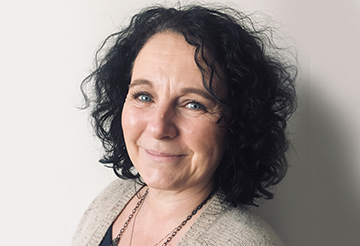About
Aurelia joined Priory in 2020 as a sessional therapist, before securing a permanent role as integrative therapist in 2021. Aurelia sees outpatients on a one-to-one basis and also runs two groups for inpatients at the hospital.
Prior to joining Priory, Aurelia worked as a school therapist in a local secondary school, supporting students with complex mental health difficulties. During this time, Aurelia established links with the local child and adolescent mental health services (CAMHS) teams to ensure a collaborative and safe working environment for the young people.
Aurelia has been established in her own private practice since 2019, working with both adults and young people between the ages of 11 and 18 years.
Aurelia has worked in many charity settings to gain experience across different areas, such as addictions, complex mental health and within the carers setting.
Training
Aurelia has additional training in working with people affected by narcissistic abuse, trauma and abusive relationships.
CPD training
- Working with narcissistic traits and emotional abuse
- Working with adult children of narcissistic parents
- Working with shame
- Working with complex trauma
- Introduction to working with obsessive compulsive disorder (OCD) using cognitive behavioural therapy (CBT) and exposure response prevention (ERP)
- Childhood sexual abuse, The Body Keeps The Score
- Transactional analysis (TA) 101
- Narrative and metaphors
- Compassion focus
- Complex post-traumatic stress disorder (CPTSD)
- Level 7 advanced diploma in counselling supervisions
Research interests
As part of her BA (Hons) Integrative Counselling degree, Aurelia undertook a work-based learning project and stakeholder analysis to understand the limitations of local services on supporting individuals diagnosed with binge eating disorder (BED). This resulted in a pilot therapeutic group being organised and run by Aurelia and supported by Bristol Mind, the mental health charity. The outcome of the pilot group confirmed the need for individuals diagnosed with BED to be able to access therapeutic group support as well as one-to-one support.

